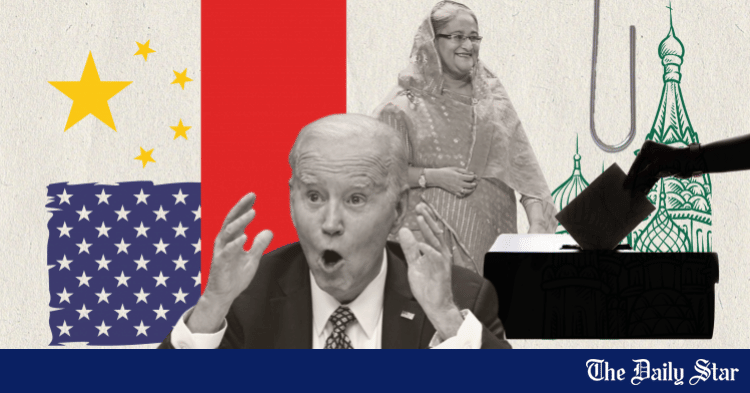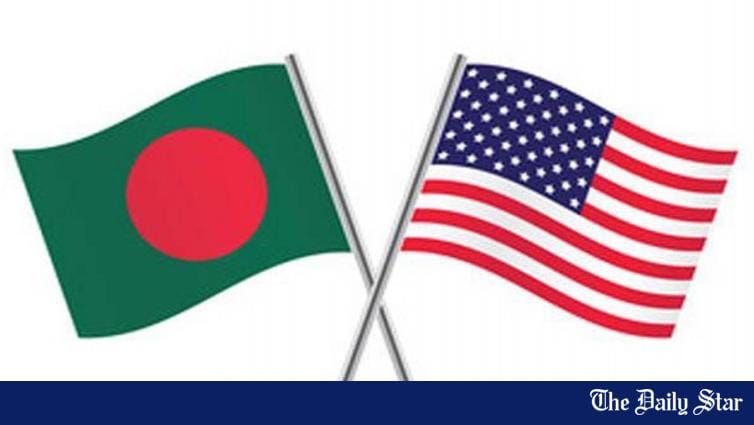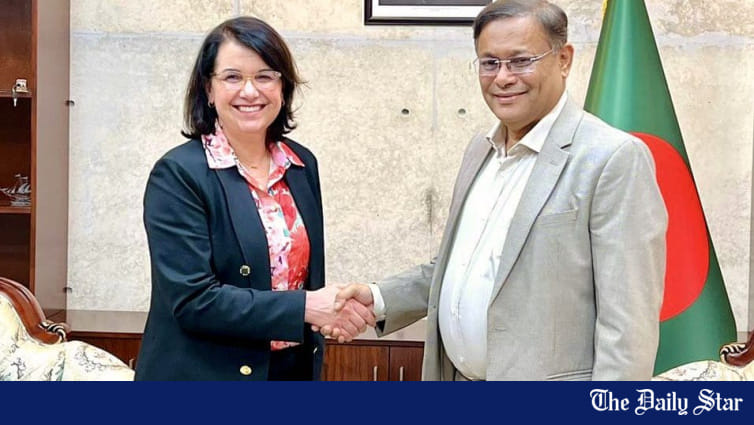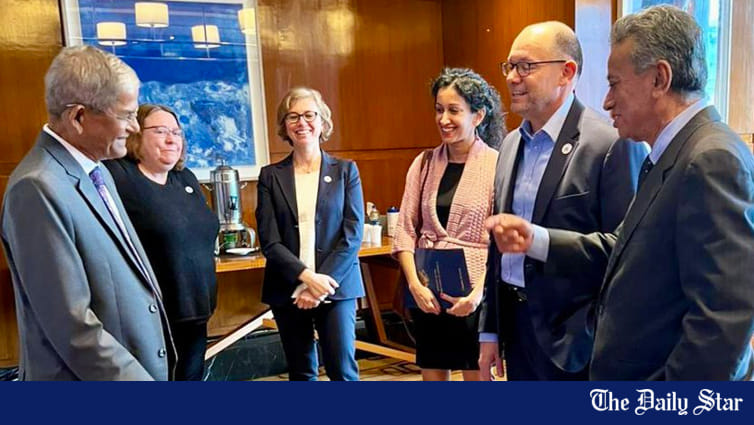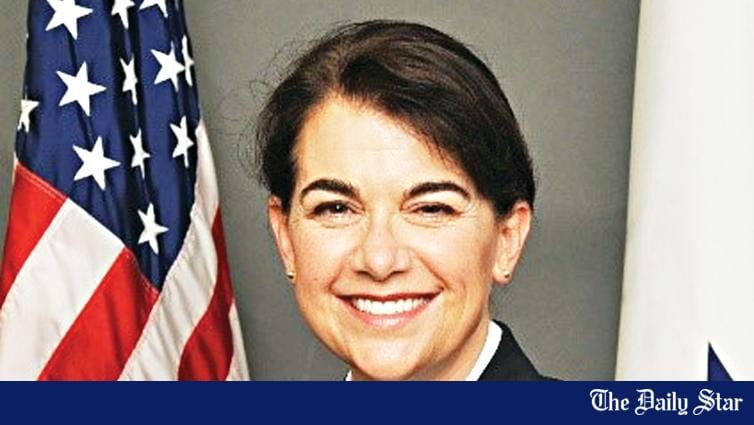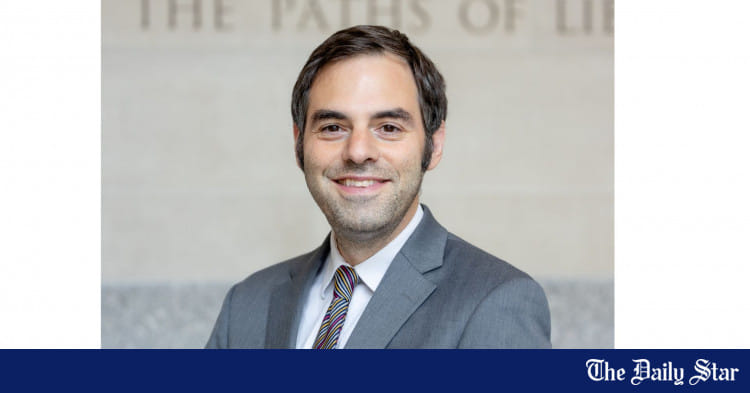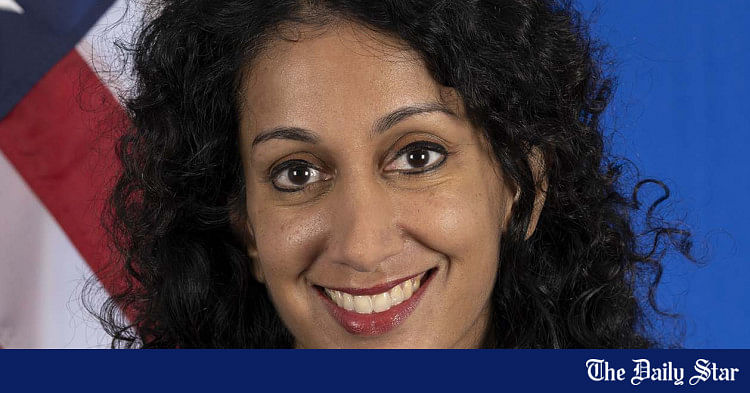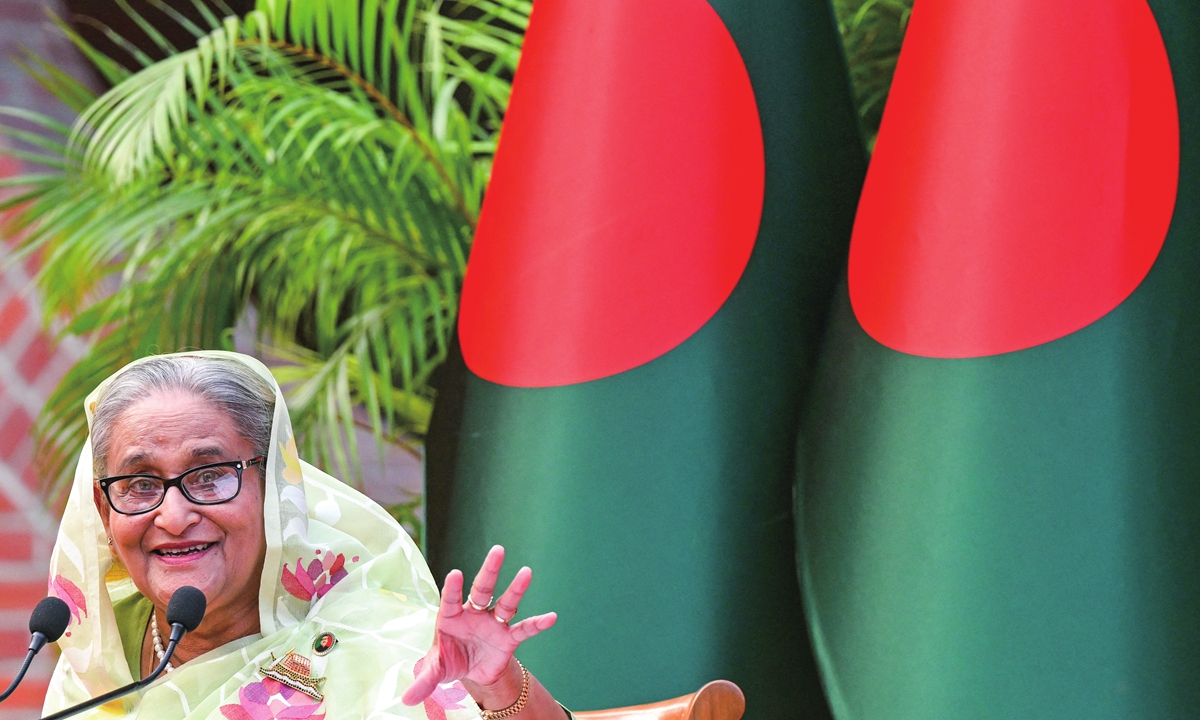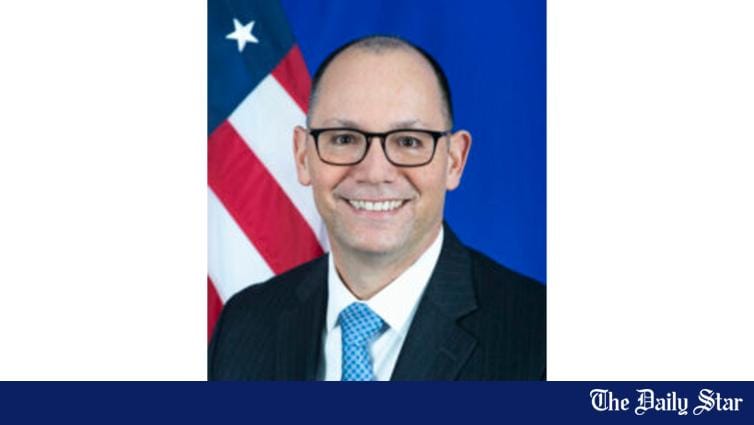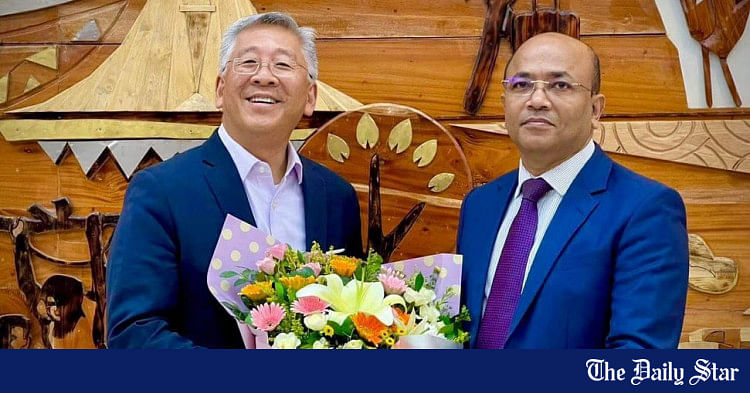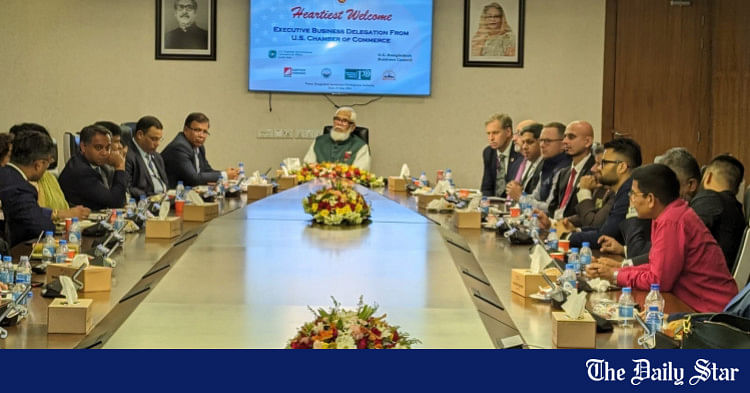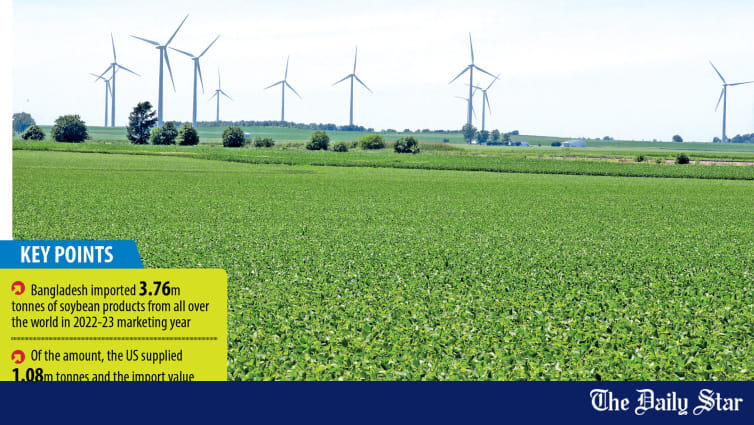Saif
Senior Member
- 13,799
- 7,411
- Origin

- Axis Group

Source
:
https://www.thedailystar.net/news/bangladesh/diplomacy/news/bangladesh-us-ties-deepen-3550741
Bangladesh-US ties to deepen
Says Hasan Mahmud about US official’s visit
Foreign Minister Hasan Mahmud said yesterday that the US official Afreen Akhter's visit will deepen and broaden ties between Bangladesh and the US.
He made the remarks when a journalist wanted to know about the upcoming visit of US Deputy Assistant Secretary at the Bureau of South and Central Asian Affairs Afreen Akhter, who is scheduled to be in Dhaka on Saturday.
The foreign minister also said the letter sent by US President Joe Biden to Prime Minister Sheikh Hasina is important to further strengthen the relationship between the two countries.
"The visit of the US official will deepen and broaden the relationship between the two countries."
This is going to be the first visit by any US official after the January 7 election.
Apart from bilateral issues and other areas of mutual interest, including economic growth and development, the Rohingya issue may also come up for discussion, according to a diplomatic source.
Afreen visited Bangladesh before the national election.
She is likely to meet senior officials at the Ministry of Foreign Affairs.
At a media briefing on February 14, she said, "We have a tremendous amount of work ongoing developing free media in Bangladesh, working with civil society, and working with labour organisers across the spectrum to build up these institutions of democracy that will enable Bangladesh to become more democratic over the longer term."
Afreen visited Dhaka and Cox's Bazar on October 16-17 last year and met with senior government officials, civil society members, Rohingya refugees, and representatives from humanitarian organisations.
FM Hasan Mahmud also told reporters that the United States' veto against a draft UN Security Council resolution, demanding an immediate ceasefire in Gaza, is disappointing.
The resolution calling for an immediate ceasefire in the Palestinian Gaza Strip was presented to the UN Security Council (UNSC) by Algeria. It was voted on last Tuesday.
Of the UNSC's 15 member states, 13 voted in favour of the resolution. Another permanent member, the United Kingdom, abstained from voting, while the US vetoed it.
Foreign Minister Hasan Mahmud said yesterday that the US official Afreen Akhter's visit will deepen and broaden ties between Bangladesh and the US.
He made the remarks when a journalist wanted to know about the upcoming visit of US Deputy Assistant Secretary at the Bureau of South and Central Asian Affairs Afreen Akhter, who is scheduled to be in Dhaka on Saturday.
The foreign minister also said the letter sent by US President Joe Biden to Prime Minister Sheikh Hasina is important to further strengthen the relationship between the two countries.
"The visit of the US official will deepen and broaden the relationship between the two countries."
This is going to be the first visit by any US official after the January 7 election.
Apart from bilateral issues and other areas of mutual interest, including economic growth and development, the Rohingya issue may also come up for discussion, according to a diplomatic source.
Afreen visited Bangladesh before the national election.
She is likely to meet senior officials at the Ministry of Foreign Affairs.
At a media briefing on February 14, she said, "We have a tremendous amount of work ongoing developing free media in Bangladesh, working with civil society, and working with labour organisers across the spectrum to build up these institutions of democracy that will enable Bangladesh to become more democratic over the longer term."
Afreen visited Dhaka and Cox's Bazar on October 16-17 last year and met with senior government officials, civil society members, Rohingya refugees, and representatives from humanitarian organisations.
FM Hasan Mahmud also told reporters that the United States' veto against a draft UN Security Council resolution, demanding an immediate ceasefire in Gaza, is disappointing.
The resolution calling for an immediate ceasefire in the Palestinian Gaza Strip was presented to the UN Security Council (UNSC) by Algeria. It was voted on last Tuesday.
Of the UNSC's 15 member states, 13 voted in favour of the resolution. Another permanent member, the United Kingdom, abstained from voting, while the US vetoed it.


